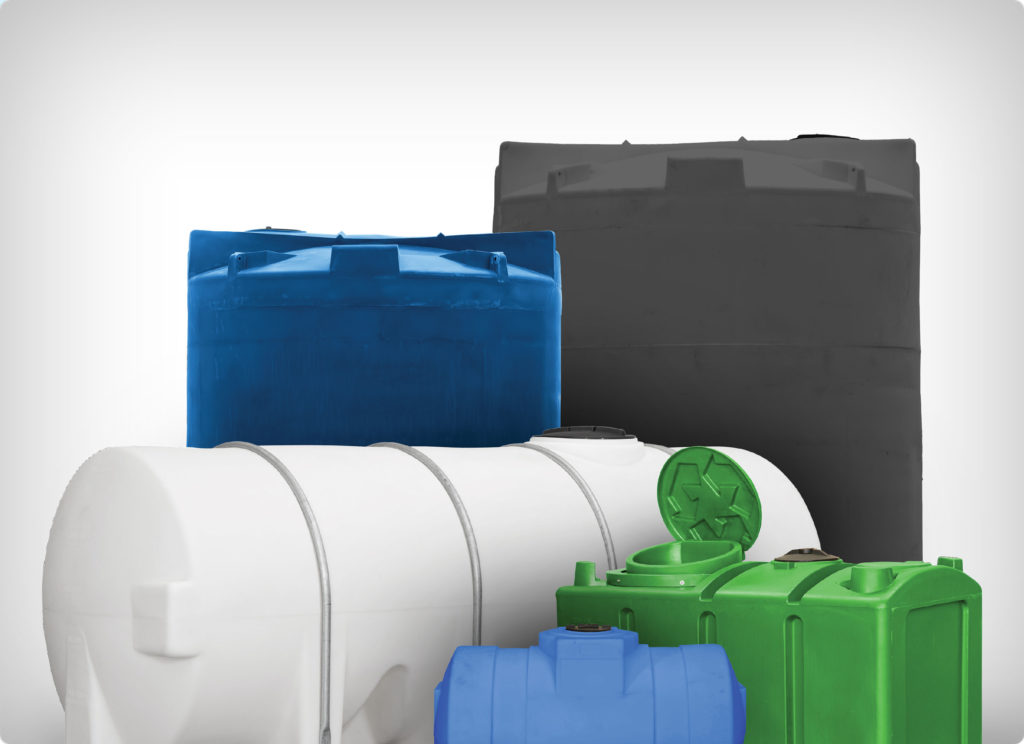How Rotomolding Improves the Strength and Durability of Plastic Parts
How Rotomolding Improves the Strength and Durability of Plastic Parts
Blog Article
Rotational molding, or Rotomolding, is a versatile manufacturing process noted for providing durable, lightweight, and cost-effective plastic products. Its adaptability has made it a go-to answer across a wide range of industries, including automotive, healthcare, structure, and agriculture. Under, we examine the initial advantages that make Plastics Rotomolding an invaluable process in these sectors.
Outstanding Design Flexibility
Rotomolding enables unparalleled style versatility compared to other plastic manufacturing processes. By enabling the generation of complex patterns, seamless models, and uniform wall width, this method supports the manufacturing of extremely customized objects. For industries such as automotive and healthcare, wherever precision and freedom are essential, rotomolding ensures that areas meet correct specifications.
Automotive: Components such as for instance energy tanks, air channels, or storage pockets may be made with varying designs and measurements to generally meet specific vehicle requirements.
Healthcare: Medical devices like sturdy bins and lightweight sterilization models take advantage of effortlessly shaped designs.

Cost-Effective Manufacturing
The rotomolding method offers an economical option for industries controlling restricted budgets. Because molds utilized in rotomolding are fairly low-cost compared to other molding operations, producers may produce supreme quality products without incurring excessive creation expenses. Moreover, minimal material spend more contributes to cost savings.
Agriculture: Water tanks and storage bins are made efficiently and at degree without forcing resources.
Construction: Products such as for instance safety barricades and modular storage models are created at paid off costs while maintaining power and durability.
Durability and Endurance
One of many standout advantages of rotomolding is the energy and toughness of the resulting products. Rotomolded goods are very resistant to impact, corrosion, and tough environmental situations, ensuring a lengthier company life.
Automotive and Transportation: The ability to resist temperature, substances, and physical strain makes rotomolded areas suitable for cars on the move.
Healthcare: Reliable gear and containers that keep repeated sterilization rounds are crucial for secure medical practices.
Lightweight and Easy-to-Handle Products and services
Rotomolded items are lightweight however durable, making them easy to handle and transport. This combination of strength and lightness is specially important for industries where freedom is really a important consideration.
Construction: Light barriers and tanks are easier to setup, improving operational efficiency.
Agriculture: Instruments and equipment like feeding troughs are better to use and transfer, supporting farm productivity.
Sustainable and Environmentally Helpful
Rotomolding's responsibility to sustainability appeals to industries seeking eco-friendly practices. With successful substance use and the capacity to incorporate recycled plastics, the procedure minimizes environmental impact. Additionally, it generates very little spend, aiming with green production goals.

Healthcare: Providing reusable medical components plays a role in lowering single-use plastic waste.
Agriculture & Construction: Green manufacturing techniques address problems about sustainable progress in these industries.
Meeting Industry-Specific Needs
Rotational molding's flexibility allows it to cater to the initial wants of every segment it serves. From making highly tailored products to ensuring toughness across numerous programs, industries carry on to show to rotomolding as a highly effective option due to their production needs. Report this page